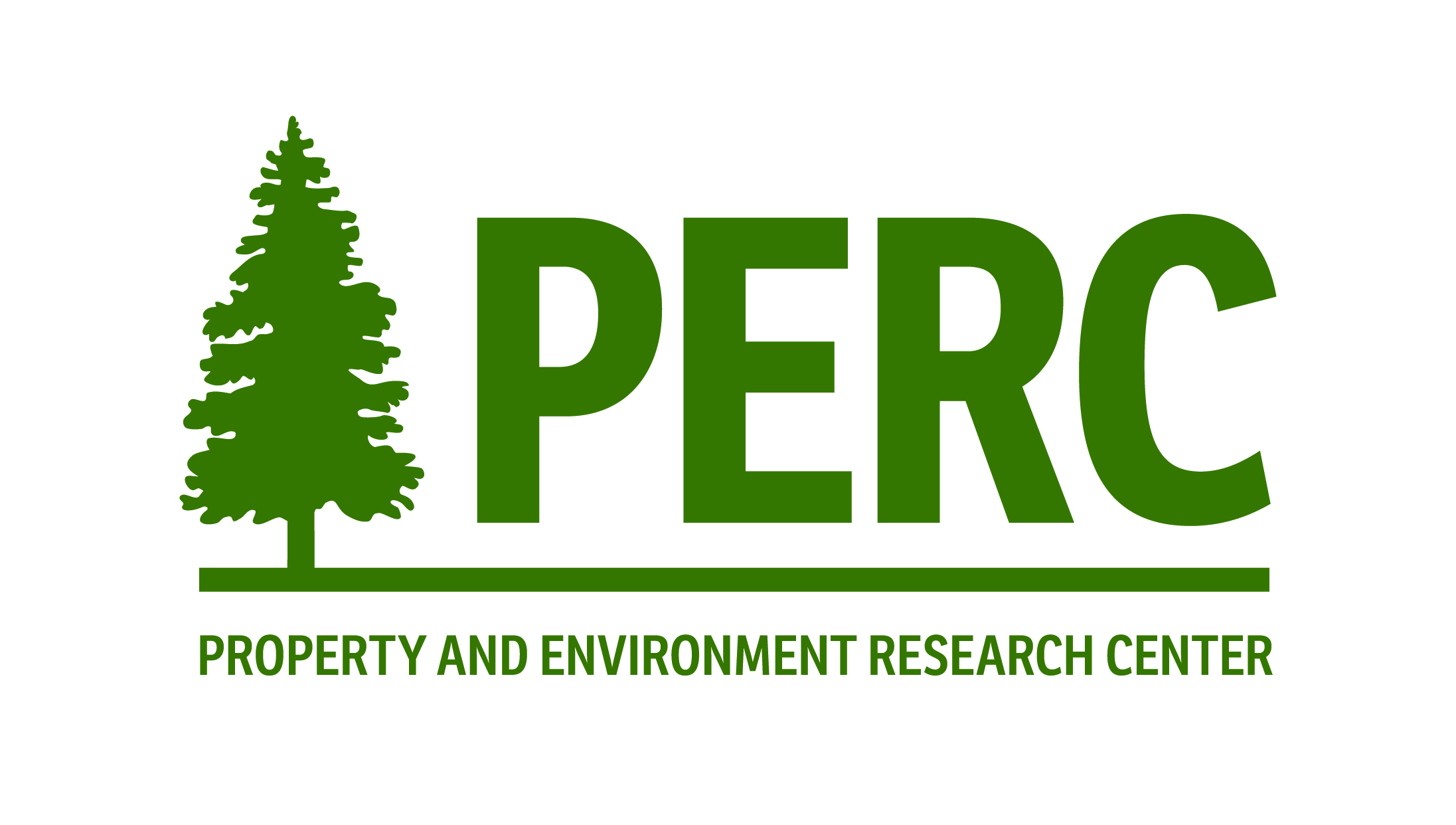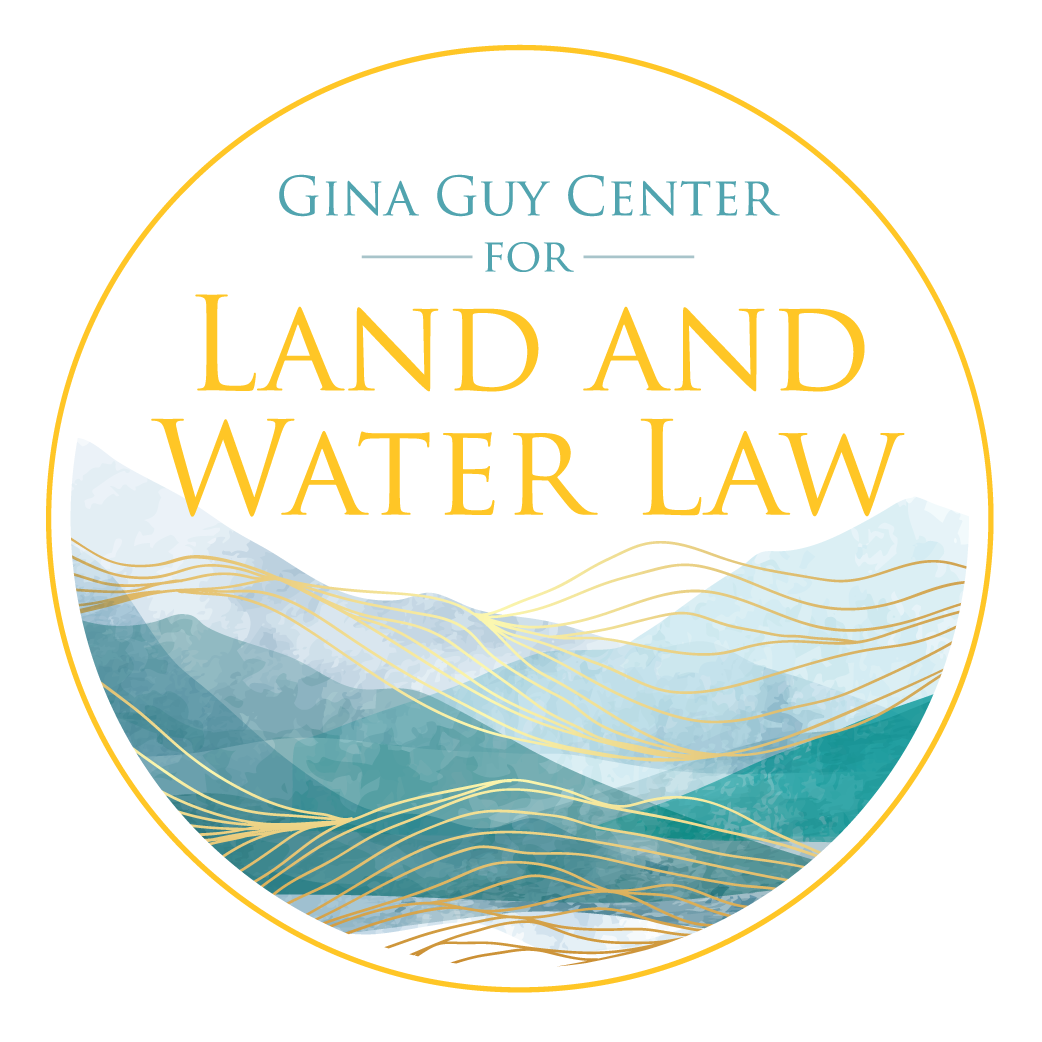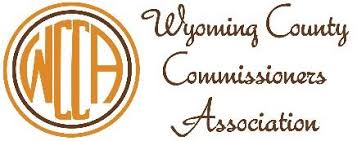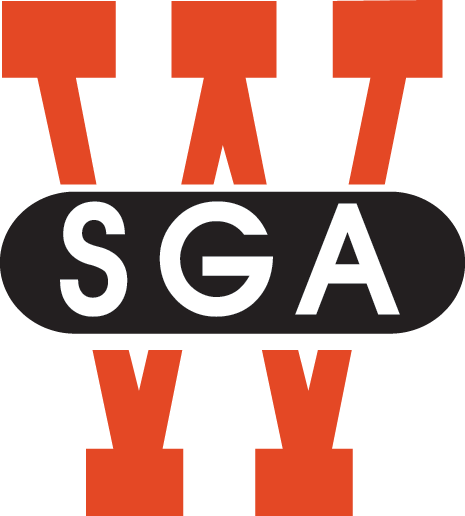Agenda
View or download a PDF version of the agenda, with speaker bios, here >
Day 1 - April 22
Marian H. Rochelle Gateway Center | 222 S 22nd St, Laramie, WY 82070
8:30-9:30am: Breakfast and Registration
9:30-9:45am: Welcome
- John Koprowski, Dean, Haub School of Environment and Natural Resources
- Stacia Berry, Director, Office of State Lands and Investments
9:45-11:00: Presentation
For the Beneficiaries: Illuminating the oft-forgotten and misunderstood history and role of state trust lands, understanding current use and management, and looking to future challenges and opportunities.
- Jason Crowder, Former Deputy Director, Office of State Lands and Investments
-
- Read "State Trust Lands: Management Practices and Revenue Maximization," an Issue Brief from the WY Legislative Service Office
- Read an overview of state land leasing including Wyoming statutory provisions, a memorandum from the WY Legislative Service Office
- Read OSLI's Fiscal Year 21 Annual Report and Agency Plan
11-11:15am: Break
11:15-12pm: Lightning talks
Money Matters: A brief foray into the investment side of state trust land.
- Trust principles and fiduciary responsibility, Bridget Hill, Wyoming Attorney General
- Turning land into sustainable revenue streams, Curtis E. Meier, Jr., Wyoming State Treasurer
- Funding education and other public institutions, Brian Farmer, Executive Director, Wyoming School Boards Association
12-1pm: Lunch
1-2pm: Panel + Q&A.
Managing in the Mix: Successes and challenges navigating the interface between trust parcels and the lands and communities around them.
- Moderator: Melanie Armstrong, Ruckelshaus Institute Director
- Sarah Brown Mathews, Executive Director, Pilot Hill Inc
- Len Carlman, Teton County Commissioner
- Bill Novotny, Johnson County Commissioner
- Carter Napier, Casper City Manager
2-3pm: Facilitated dialogue + Small group discussions
Engaging the Public, Meaningfully: A conversation about achieving more sustainable, less contentious land-use decisions.
- Moderator: Callie Berman, Research Scientist, Ruckelshaus Institute
- Erica Jensen, Land Management Supervisor, Trust Land Management Division, Office of State Lands and Investments
- Ben Bump, Assistant Director, Field Services Division, Office of State Lands and Investments
- Melissa DeFratis, Communications and Policy Analyst, Office of State Lands and Investments
3-3:15pm: Break
3:15-4:15pm: Panel + Q&A
Beyond our Borders: State trust land management and innovation in other western states
- Moderator: Temple Stoellinger, Associate Dean, Haub School
- Robyn Sahid, Commissioner, Arizona State Land Department
- Mindy Gottsegen, Conservation Services Manager, Colorado State Land Board
- Ryan Weiss, Deputy Trust Lands Administrator, Montana Department of Natural Resources
and Conservation
- View Montana DNRC's Trust Lands Division FY 2024 Annual Report
- View "Montana's State School Trust Lands" from the Public Land and Resources Law Review
4:15-4:45pm: Presentation + Q&A
$100 million: An update on Kelly Parcel revenue and the proposed purchase of land in the Powder River Basin
- Cody Booth, Assistant Director, Trust Land Management Division, Office of State Lands and Investments
4:45-6:00pm: Reception with cash bar and poster session from Haub School capstone undergraduate and graduate students
- View "Emerging Uses of State Trust Lands" by Vicky Harder, Rachelle Lavariega, and Emily Wangen. This report includes five
briefs that compare new uses of trust land across western states and offer considerations
for Wyoming. The following uses are addressed:
- Carbon Capture and Sequestration
- Renewable Energy Generation
- Commercial and Residential Development
- Recreation
- Conservation and Stewardship Leasing
- View "Pilot Hill Case Study" poster and brief by Isaac Bartlett and Bree Clausen
- View "Let them Roam: Wildlife Friendly Fencing on Wyoming State Trust Lands" poster and brief by Alec Cecardo, Hannah Jackim, Delsie McCrystal, and Thomas Salerno
- View "Stamping for the Future" poster and brief by Miranda Herrington and Shane Cranston
- View "Stacked, Not Stuck: A Triple Bottom Line Approach" poster and brief by Mariah Brannan and Caden Bogus
- View "Castaways: Stranded Parcels and the Developing Issues of Corner Crossing" poster and brief by Julius H., Robert J, Quaye K., and Nyomi M.
Optional: Dinner at Altitude Chophouse & Brewery
320 S 2nd St, Laramie, WY 82070. Back room (seats 70) reserved under "State Trust Land Forum."
Starting at 6:00pm and continuing through the evening, connect with other forum attendees and keep the conversation going with a buy-your-own dinner at Altitude Chophouse & Brewery in downtown Laramie.
Day 2 - April 23
Marian H. Rochelle Gateway Center | 222 S 22nd St, Laramie, WY 82070
8-9am: Breakfast
9-10:30am: Concurrent workshop sessions. These sessions will be driven by small-group discussions, so please come prepared to participate.
New and Emerging Uses: What are the barriers and opportunities, how would it work, what benefits could it provide to the beneficiaries and others?
- Salon A: Renewable energy development
- Kickoff presentation: Bryan Leonard, SER Chair and Associate Professor, Haub School and School of Energy Resources
- View the slides
- Kickoff presentation: Justin Loyka, Wyoming Energy Program Director, The Nature Conservancy
- Read "Policies Affecting Renewable Energy Generation on State Trust Lands in the Intermountain West" from the Lincoln Institute
- Salon B/C: Recreation and public access
- Kickoff presentation: Recreation on Trust Land Across the West. Temple Stoellinger, Associate Dean, Haub School
-
View the slides
- Read the 2017 report from the Governor's Task Force on Outdoor Recreation, which includes recommendations related to state trust lands
- Forthcoming June 2025: "Public Playgrounds or Private Trust: The future of recreation on state trust lands" in the Environmental Law Reporter
- Salon D/E: Residential and commercial development
- Kickoff presentation: Arne Jorgensen, Mayor, Jackson
10:30-11am: Break
11-12:30pm: Concurrent workshop sessions. These sessions will be driven by small-group discussions, so please come prepared to participate.
New and Emerging Uses: What are the barriers and opportunities, how would it work, what benefits could it provide to the beneficiaries and others?
- Salon A: Carbon capture and sequestration
- Kickoff presentation: Tara Righetti, Occidental Chair in Energy and Environmental Policy, School of Energy Resources, Haub School, and College of Law
- Kickoff presentation: Erin Middleton, President, Carbon Solutions
- Salon B/C: Conservation
- Kickoff presentation: Conservation on Trust Lands Across the West. Shawn Regan, Vice President of Research, Property and Environment Research Center
-
View the slides
- Read "Diversifying State Trust Land Revenue Through Conservation Uses" in the Utah Law Review
- Read "Diversifying State Trust Land Revenue Through Conservation Uses," a PERC report
- Read "Pricing Conservation Leases," a PERC report
12:30-1:30pm: Lunch
1:30-2:30: Concurrent workshop sessions. These sessions will be driven by small-group discussions, so please come prepared to participate. Where the morning is primarily focused on "defining the problem," or better understanding the situation, this afternoon session will be focused on designing solutions in working groups formed around specific challenges raised during the morning discussion.
Bringing it Together: Integrating emerging and existing uses through partnerships and policy
- Salon A: Renewable energy and carbon capture and sequestration
- Salon B/C: Recreation and conservation
- Salon D/E: Residential and commercial development
2:30-3:30: Salon B/C: Panel + Audience Q&A.
Takeaways: Bringing knowledge and partnerships from the forum into your work
- Moderator: Birch Malotky, Emerging Issues Initiative Coordinator, Ruckelshaus Institute
- Stacia Berry, Director, Office of State Lands and Investments
- Jim Magagna, Executive Vice President, Wyoming Stock Growers Association
- Eric Barlow, Senator, Wyoming State Legislature
- Travis Brammer, Director of Conservation, Property and Environment Research Center
- Marguerite Herman, Board Member, Advocates for School Trust Lands








